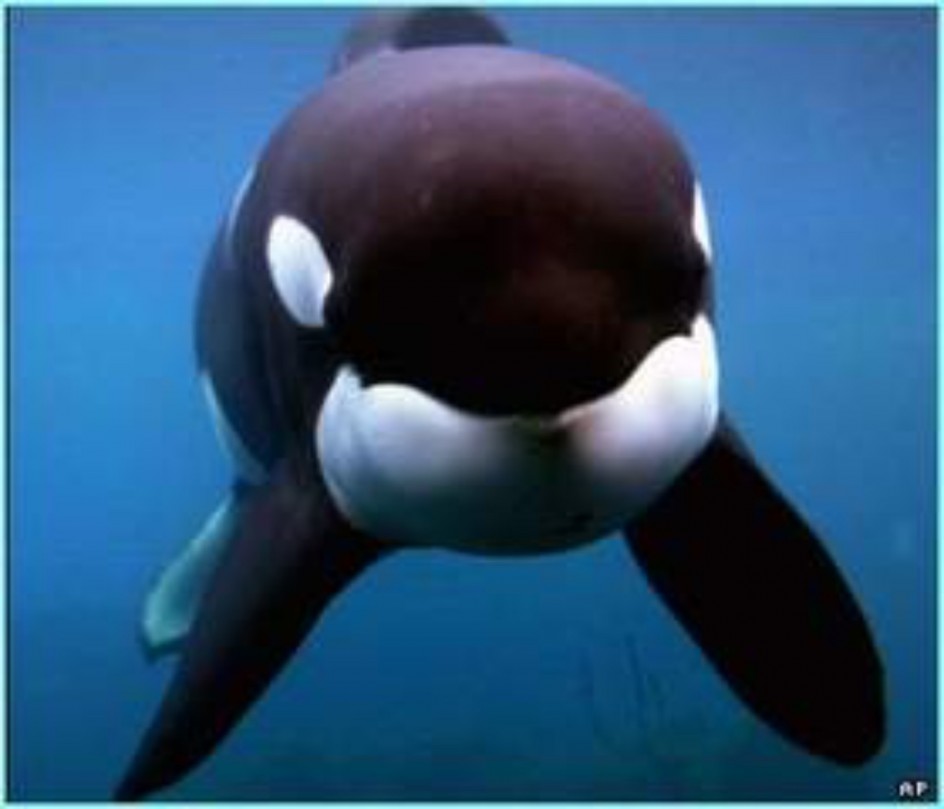
The animal rights movement, which has so often overreached and abused it’s mandate, won a deserved victory today when Sea World announced it was eliminate it’s killer whale shows and would no longer replace it’s Orca’s once this generation dies off in captivity.
To me, the great danger facing domesticated animals is the growing movement to take away their work and remove them from human populations. The animals rights movement is killing many more animals than it is saving, but the Orca’s at Sea World have always been in a different category, an indefensible exploitation of a species that is not domesticated, has not worked with human beings easily or safely, in many cases, and is living completely unnatural lives for no other reason than human profit.
The animal rights movement can be a force for good when it does its homework and understands the animals it is trying to “save”; it is a nightmare in the hands of unknowing ideologues who can’t tell a draft horse from a killer whale.
I have written for some time of the danger facing animals like Asian elephants and carriage horses. These animals are very different than the killer whales displayed in Sea World and other aquatic theme parks. They are domesticated animals, they have worked with people for many thousands of years safely and well, they powerfully attach to human beings and trainers, and face slaughter or extinction if they are separated from the people who work with them and care for them.
They have been bred for work,nand they need work.
There is no evidence that Ringling Bros. is currently abusing or mistreating any of its elephants. Unlike Sea World, Ringling Bros. decided not to fight endless legal battles not because they didn’t have a case, but in spite of that. Even if they won almost all of the cases against them – and they did – and refuted most of the charges, the legal conflicts and harassment simply became unbearable and costly.
The elephant trainers know that many of these elephants were content and treated lovingly, there is not place for all but a handful of these elephants to go when they leave this and other circuses. It is traumatic and cruel for these animals to be ripped from their human connections and routines and sent to languish in preserves. Most will be dead soon enough.
Sea World shows me that the animal rights movement can still do good if it is selective and informed in its targets, rather than being blindly obsessed with removing all domesticated animals from their work and lives in the world. Orcas will never be seen again by most people, but that is perhaps a good thing, a natural thing.
Carriage horses are animals that have lived among people and in cities for thousands of years, they have never lived in the wild, never fended for themselves, their musculature and biology requires steady work in order for them to remain alert and healthy. Biologists have found the big horses are the most domesticable animals in the world, the best suited to be in urban environments. That is not true of killer whales. Trainers and biologists say one of the great crises facing horses – and certainly, many dogs – is that they have nothing to do, no work that keeps them healthy and engaged and alert.
The Orcas are different, their lives in captivity are a cautionary tale of corporate greed and unthinking animal abuse. Their history with trainers is too often frightening and tragic. It took Sea World a long time, and the story of the Orcas reminds me that the future of animals is complex and nuanced. All animals are not the same.
There are many different sides to understanding animals and their future.
Domesticated animals won two big victories this year – the effort of animal rights groups in New York City to ban the horses and cripple the carriage trade failed miserably, and no more Orcas will be taken from their natural environment and exploited by Sea World so thoughtlessly for human profit.
The Asian elephants, many ponies and other animals are not so lucky. Scores of them will be leaving the circuses soon, and the road to hell is certainly paved with good intentions. There is no place for most of them to go.
